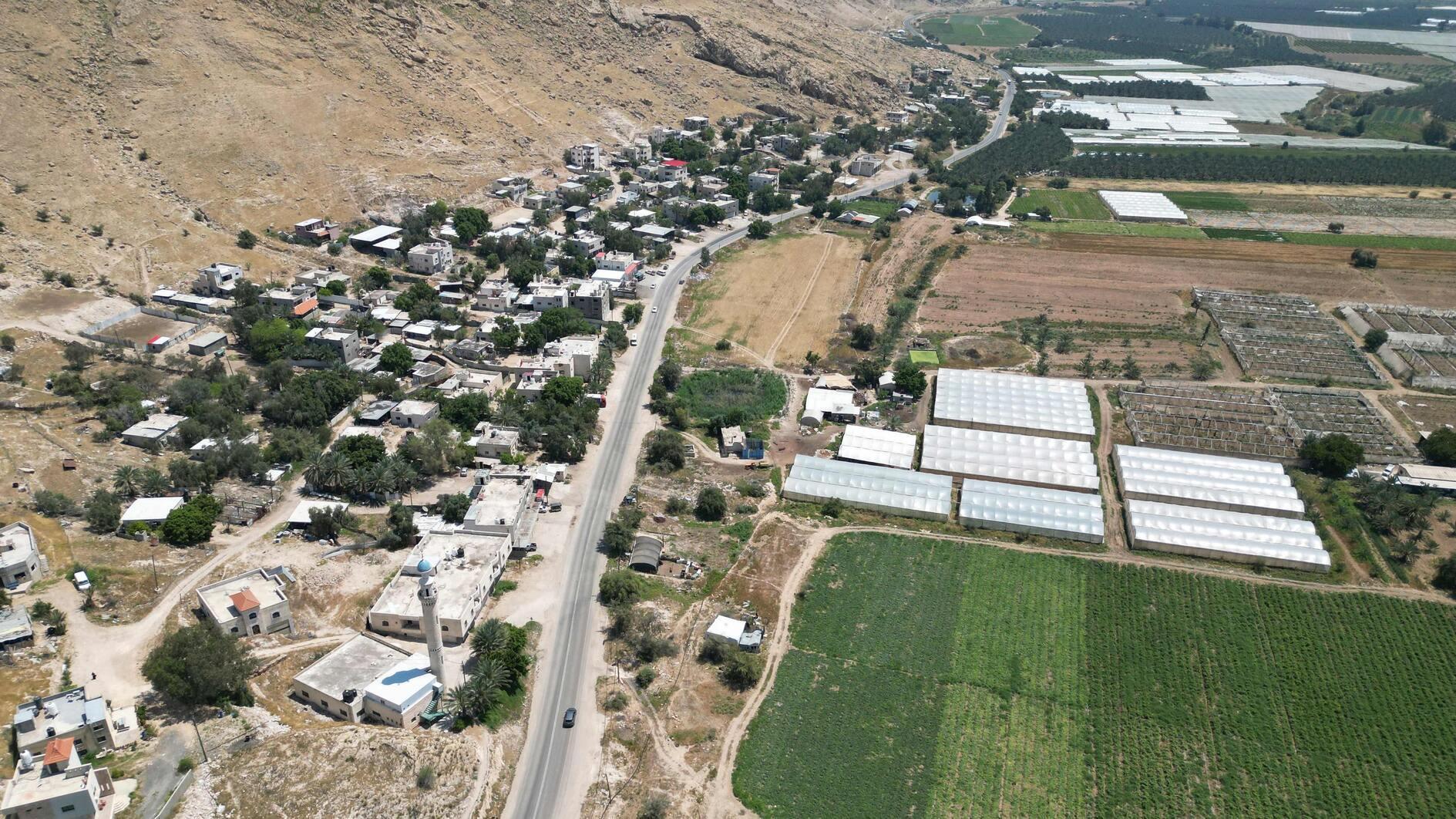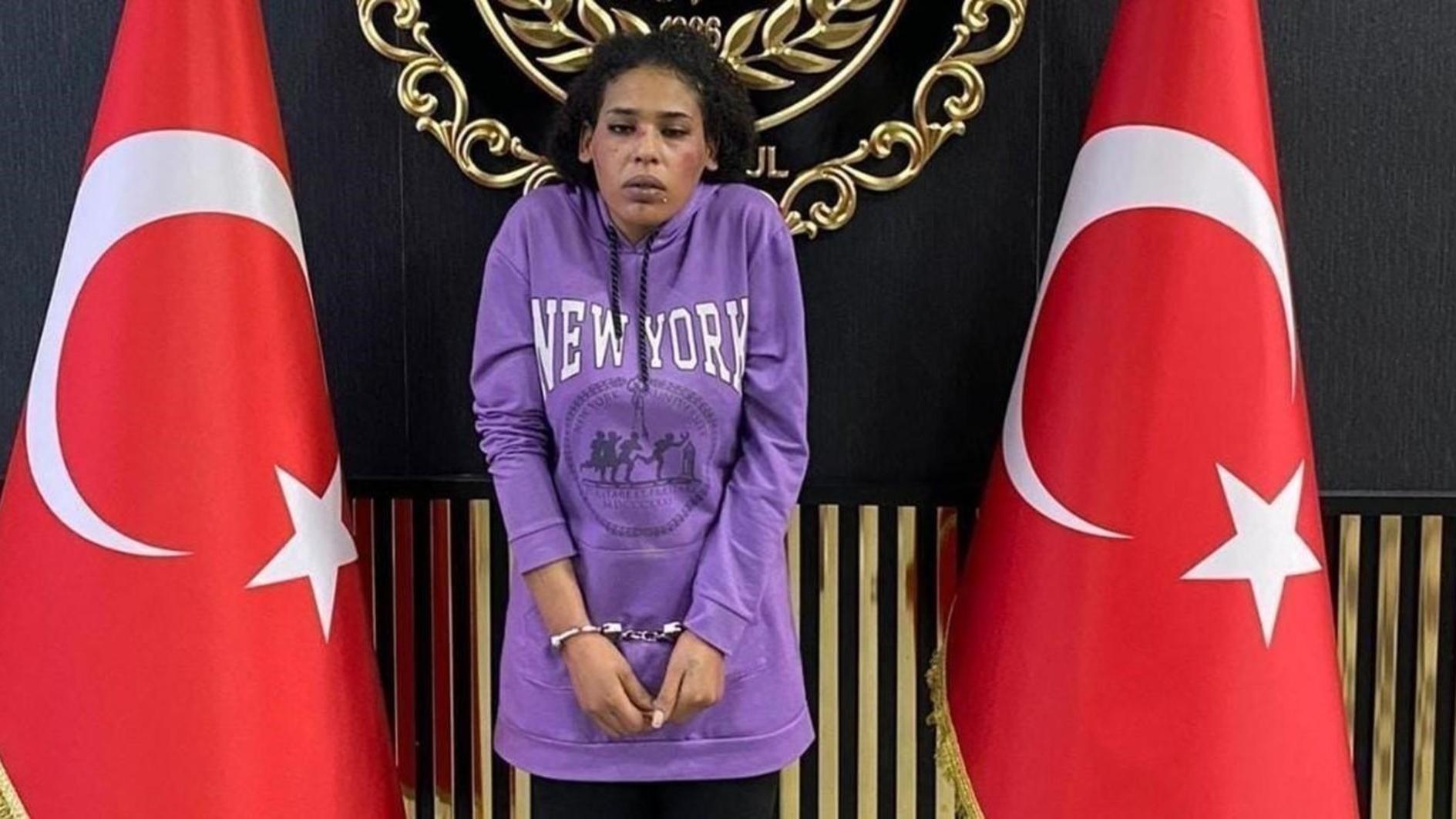Three scenarios on Presidency
The row in Turkey over the terms of the presidency between the government and opposition parties grows into a major political confrontation.
The debate is simply on whether President Abdullah Gül should serve for 5 years as the referendum on Oct. 21, 2007 dictated, or 7 years as the mandate given to him by the Parliament almost two months earlier on Aug. 28, 2007 had suggested.
The situation might look a bit weird for outside observers; I mean to have this debate four-and-a-half years after the President was elected and a referendum was held to elect future presidents through popular vote instead of the Parliamentary one.
Actually that is exactly the point where the simple picture gets complicated. Because despite the four-and-a-half years, Turkey still doesn’t have a law how to harmonize the terms of the Presidency according to the constitutional amendment which shortened the 7 year in office to 5, but enabled a second term Presidency if elected; that is the formula frequently quoted as “5+5.”
It needs a law and the law could only be approved by the Parliament if the ruling Justice and Development Party (AK Parti) brings and approves it; that means it is one hundred percent up to Prime Minister Recep Tayyip Erdoğan. But why does Erdoğan not press for that law and lets his closest fellow Gül be targeted so frequently by the opposition parties for something he is not responsible for?
The explanation from the government side on the ongoing budget talks are not satisfying, since the political positioning of the parties is already clear, it will not take more than a few days to pass it.
Erdoğan, in a rare statement after his surgical operation said he thought Gül has been elected for 7 years by the Parliament before the referendum, therefore the election should take place in 2014, not next year.
Taking this as an intention to replace Gül as the new president, all opposition parties in the parliament, the social democratic Republican People’s Party (CHP), the Nationalist Movement Party (MHP) and the Kurdish issue-focused Peace and Democracy Party (BDP) are saying that the term should be 5 years, the elections should be held next year and Gül should resign to end this confusion.
Therefore, there are three scenarios for the presidency:
1- The “5+5” year scenario as the opposition suggests. If this will be the case, Gül’s term will be completed by August 2012 and a new president should be elected by people by then; in which Gül can put in his candidacy once again.
2- The 7 years scenario. Gül’s term finishes by Aug. 28, 2014, a new president is elected by popular vote by then and Gül will not be a candidate anymore. There are speculations that he will leave his place to Erdoğan and go back to politics to be the AK Parti prime minister once more.
3- The 7+5 scenario. No one raises this possibility loudly, but it may be possible unless a law clearly defines otherwise, since Gül has been elected for 7 years but got another chance to get elected a second time for 5 years.
Among all these the “7 years and that is it” scenario looks more realistic, but it seems Turks will have to discuss the issue more when the debates on writing a new Constitution start next month.











